President Félix Tshisekedi of the Democratic Republic of Congo (DRC) and other Congolese leaders have repeatedly claimed that the agreement signed with Rwanda in June 2025, under the mediation of the United States, will bring peace to the troubled eastern provinces of North and South Kivu. Yet, this narrative appears more like a political attempt to mislead both Congolese citizens and the international community.
Tshisekedi’s position suggests that peace will come once Rwandan troops withdraw from Congolese soil an accusation Kigali has consistently rejected, insisting that it has no troops in the DRC. Rwanda maintains that its actions are limited to strengthening border security to prevent attacks from the FDLR, a Rwandan armed group operating in Congo that Kigali describes as a terrorist movement.
The goal of the Washington Agreement is ostensibly to repair diplomatic ties between Rwanda and the DRC by addressing the key issues: the dismantling of the FDLR, which is backed by Kinshasa, and the removal of Rwandan border defense measures.
However, even if relations between Kigali and Kinshasa normalize and the FDLR is neutralized, conflict in eastern Congo is likely to continue. The AFC/M23 rebels have long insisted that their fight is rooted in the persecution of Congolese Tutsis, who continue to face ethnic discrimination in both North and South Kivu.
A Long History of Tension
Tshisekedi first accused Rwanda of deploying troops in 2022, shortly after M23 rebels resumed fighting, arguing that Kinshasa had failed to uphold previous peace deals meant to protect Congolese Tutsis many of whom speak Kinyarwanda from persecution.
The mistreatment of Kinyarwanda-speaking Congolese, especially Tutsis, dates back decades. In 1995, then-President Mobutu Sese Seko attempted to expel the Banyamulenge community from Zaire under political pressure. Rwanda’s then-president, Pasteur Bizimungu, warned that “if Congo wants to expel the Banyamulenge, it should do so together with their land.”
That persecution triggered the formation of the RCD-Goma rebellion, followed by CNDP in 2006, and later M23 in 2009 all citing the same grievances. To this day, M23 argues that such persecution persists.
In October 2023, for instance, the pro-government Wazalendo militias burned down Nturo village in Masisi territory simply because it was inhabited by Tutsis.

Congo’s Gold-Fueled War Economy
Beyond ethnic conflict, eastern DRC is mired in a war economy. Weak governance and widespread poverty have led to the emergence of over 200 armed groups, each controlling territories rich in minerals, farmland, and forests.
Some of these militias, including factions within Wazalendo, have even fought against the national army to seize control of mining zones such as the recent clashes in Shabunda over gold deposits.
For that reason, no diplomatic deal not even the Washington Agreement can disarm these groups, since they existed long before the Rwanda-DRC standoff and are motivated by economic gain rather than political grievances.
Among the most entrenched groups are NDC-R, APCLS, Nyatura CMC, Mai-Mai Yakutumba, and Raia Mutomboki, all deeply rooted in local conflicts and profit-driven violence.
The Doha Track: A More Promising Path
Following the Washington Agreement, Corneille Nangaa, leader of the AFC/M23 coalition, welcomed the move but cautioned that it would not address the core causes of the conflict.
“These agreements only cover a small portion of the real issues in Congo,” he said. “Portraying the war as a Rwanda–Congo problem while ignoring internal injustices is a dangerous lie.”
Nangaa reaffirmed support for the Doha peace process, led by Qatar, which calls for direct negotiations between Kinshasa and M23 to resolve domestic grievances, including ethnic persecution, poor governance, and unequal resource distribution.
Despite this, Kinshasa appears more invested in the Washington Agreement than the Doha dialogue and has downplayed commitments made to M23, including prisoner exchanges and security integration.
In response, AFC/M23’s military commander, Maj. Gen. Sultani Makenga, has warned that the group will resume fighting if the government fails to honor its commitments even suggesting a march on Kinshasa.

“A Problem Born Inside Congo”
Former South African president Thabo Mbeki stated in May 2025 that the root of the crisis lies in Congo’s failure to recognize all its citizens as Congolese.
“As long as the Kinshasa government refuses to see some of its eastern citizens as Congolese,” he said, “these conflicts will continue. This is not an external problem; it is an internal one a problem that must be solved by Congo itself.”



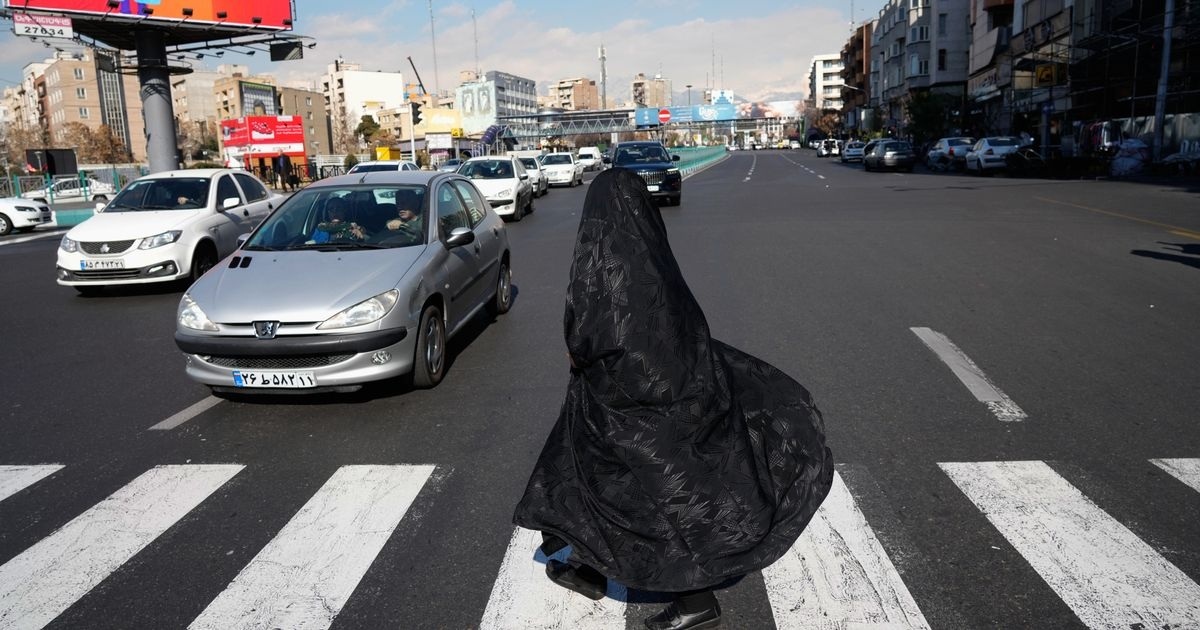



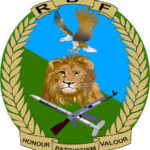

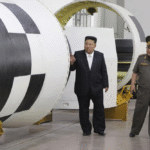

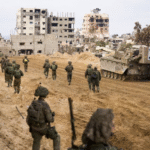





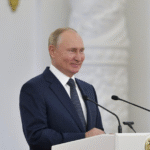

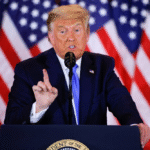


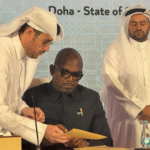

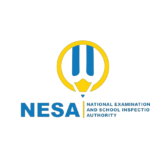


**sugarmute**
sugarmute is a science-guided nutritional supplement created to help maintain balanced blood sugar while supporting steady energy and mental clarity.
**glpro**
glpro is a natural dietary supplement designed to promote balanced blood sugar levels and curb sugar cravings.
**vittaburn**
vittaburn is a liquid dietary supplement formulated to support healthy weight reduction by increasing metabolic rate, reducing hunger, and promoting fat loss.
**mitolyn**
mitolyn a nature-inspired supplement crafted to elevate metabolic activity and support sustainable weight management.
**prodentim**
prodentim an advanced probiotic formulation designed to support exceptional oral hygiene while fortifying teeth and gums.
**synaptigen**
synaptigen is a next-generation brain support supplement that blends natural nootropics, adaptogens
**zencortex**
zencortex contains only the natural ingredients that are effective in supporting incredible hearing naturally.
**yu sleep**
yusleep is a gentle, nano-enhanced nightly blend designed to help you drift off quickly, stay asleep longer, and wake feeling clear.
**nitric boost**
nitric boost is a dietary formula crafted to enhance vitality and promote overall well-being.
**glucore**
glucore is a nutritional supplement that is given to patients daily to assist in maintaining healthy blood sugar and metabolic rates.
**wildgut**
wildgutis a precision-crafted nutritional blend designed to nurture your dog’s digestive tract.
**breathe**
breathe is a plant-powered tincture crafted to promote lung performance and enhance your breathing quality.
**energeia**
energeia is the first and only recipe that targets the root cause of stubborn belly fat and Deadly visceral fat.
**boostaro**
boostaro is a specially crafted dietary supplement for men who want to elevate their overall health and vitality.
**pineal xt**
pinealxt is a revolutionary supplement that promotes proper pineal gland function and energy levels to support healthy body function.
**prostabliss**
prostabliss is a carefully developed dietary formula aimed at nurturing prostate vitality and improving urinary comfort.